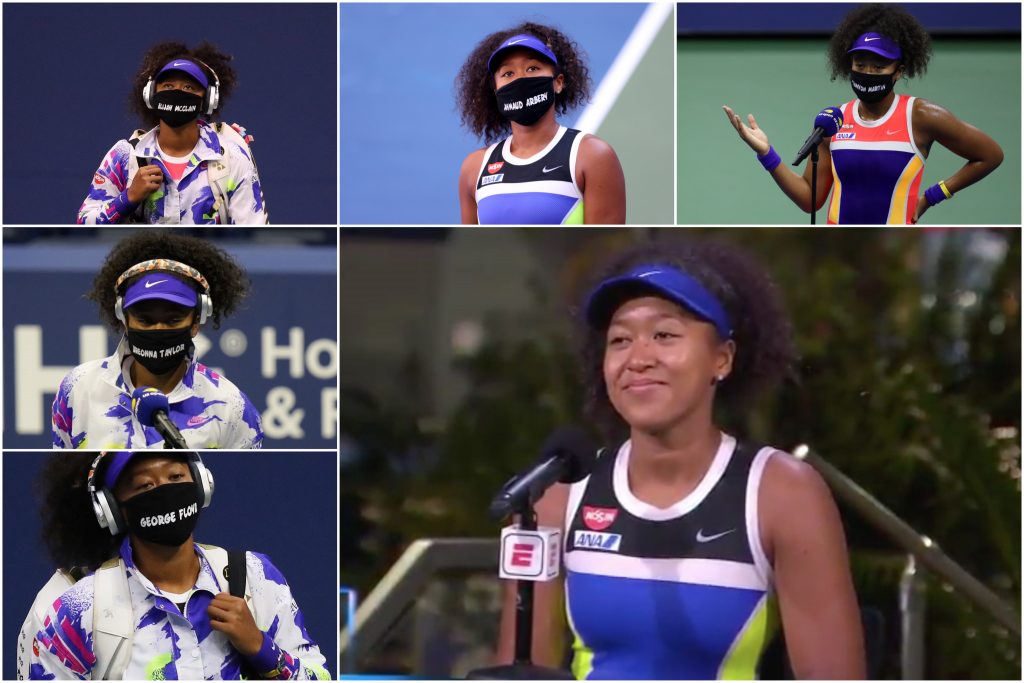
- ARAB NEWS
- 05 Jul 2025

Carla Chahrour
Japanese tennis player Naomi Osaka has been wearing different facemasks for each of her matches at the US Open this year, with each carrying the name of a Black American victim to highlight racial injustice in the United States to a wider audience.
The families of the alleged victims of police brutality have publicly thanked her for wearing the masks by recording video messages which were played for her Osaka on the set of the American multinational basic cable sports channel ESPN.
“I was just trying really hard not to cry,” Osaka said at a press conference.
“It’s a bit surreal. It’s extremely touching that they would feel touched by what I’m doing. For me, I feel like what I’ve been doing is nothing. It’s a speck of what I could be doing,” Osaka added.
The Japanese tennis star had pledged to shed light on the matter at the start of the tournament and has continued to do so during the the semi-finals. She has already donned face coverings bearing the names of Breonna Taylor, Elijah McClain, Ahmaud Arbery, Trayvon Martin and George Floyd.
Osaka has worn masks bearing the names of Breonna Taylor, Elijah McClain, Ahmaud Arbery, Trayvon Martin and George Floyd, black people who died either at the hands of the police or in violent encounters with white people that are believed to be motivated by racism.
Breonna Taylor
Taylor, 26, an emergency medical technician, was shot dead by police in her apartment in Louisville, Kentucky on March 13.
Shortly after midnight that day, officers Brett Hankison, Jonathon Mattingly, and Myles Cosgrove stormed into Taylor’s apartment by executing a “no-knock search warrant” a court document that authorises police to enter a home without permission.
Taylor and her partner, Kenneth Walker, were reportedly asleep when the commotion began, but breaking down the door had triggered a series of events that lead to a barrage of police gunfire that left Taylor fatally shot.
In June, Brett Hankison, one of the police officers involved was fired by the city’s police department and was accused of “blindly” firing 10 rounds into Ms Taylor’s apartment.
The two other officers have been placed on administrative reassignment, but no criminal charges have been filed against any of the three. This has left people aware of the incident to demand justice, signified during this summer’s global Black Lives Matter protests, where Taylor’s name and a call to “arrest the cops that killed Breonna Taylor” became a rallying cry for justice.
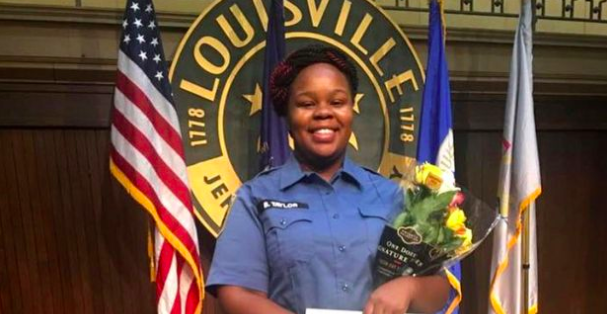 Breonna Taylor, 26, was an emergency medical technician. (Facebook)
Breonna Taylor, 26, was an emergency medical technician. (Facebook)Elijah Mcclain
McClain, 23, died after police officers in Aurora, Colorado restrained him with a chokehold that has since been banned on Aug. 24, 2019.
He was walking, unarmed, when someone placed an emergency call about a “suspicious person.”
The police arrived, and after struggling to search him for a weapon and handcuff him, they wrestled him to the ground and put him in a carotid hold, a form of chokehold that restricts the flow of blood through the carotid arteries to the brain to render someone unconscious.
The officers called for assistance and paramedics attending to McClain administered an overdose of the sedative ketamine which left him unconscious, with reports saying that he went into cardiac arrest on the way to a hospital.
McClain was declared dead on August 27 in the hospital.
His family filed a lawsuit against Aurora and its police last month, alleging murder and routine use of excessive force against Black people. Since then, three Aurora officers, one of those who detained McClain, were fired and one resigned in July, after authorities found shared photos of them re-enacting the chokehold near the site of the McClain encounter, according to Reuters.
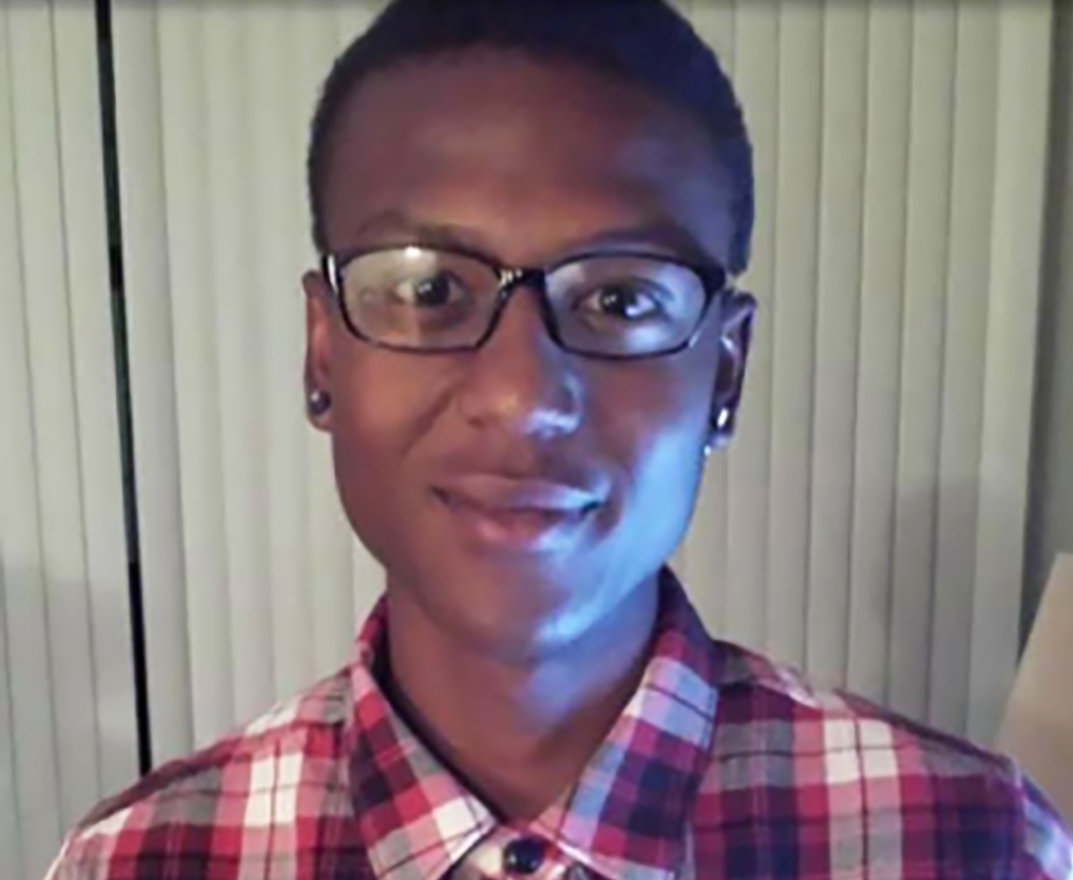
Ahmaud Arbery
Arbery, 25, was fatally shot while jogging through a suburban neighborhood in Brunswick, Georgia, when he was gunned down during a confrontation with by two armed white men (a father and son) that shot him dead on February 23.
A 36-second video shot by William Bryan, who was driving behind Mr Arbery, was leaked online on May 5. 2020.
The three white men, Travis McMichael, his son Greg McMichael, and William Bryan were not charged with the murder of Arbery until more than two months after he was killed. It was only after a video of the shooting went viral that state police began investigating, according to Reuters.
“Thank you for the support of my family and God bless you for what you’re doing and you supporting our family with my son. My family really, really appreciates that and God bless you,” Arbery’s father, Marcus Arbery Sr, said in a video message to Osaka broadcasted on ESPN.
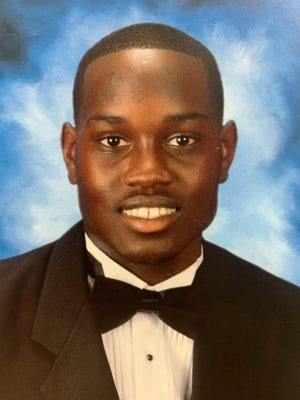
Trayvon Martin
Martin, 17, was fatally shot while walking back from a 7-Eleven shop to buy Skittles and a soft drink in Sanford, Florida, when neighbourhood watch volunteer George Zimmerman shot him on Feb. 26, 2012.
The killing of Martin in 2012 helped spark the ‘Black Lives Matter’ movement.
Prior to the shooting, Zimmerman placed an emergency call about a “suspicious person” in the neighborhood and is instructed to not exit his SUV or approach the person. Zimmerman disregarded the instructions and moments later neighbors reported hearing gunfire.
Zimmerman acknowledged that he shot Martin, but claimed that it was in self-defense as he was assaulted by Martin, who was unarmed. Florida police didn’t arrest Zimmerman until six weeks after the shooting, due to gun laws in the US that allow those who possess firearms to shoot if in danger.
“I just want to say thank you to Naomi Osaka for representing Trayvon Martin on your customized masks, and also for Ahmaud Arbery and Breonna Taylor,”
Martin’s mother, Sybrina Fulton, said in a video message to Osaka broadcasted on ESPN.
“We thank you from the bottom of our hearts. Continue to do well,” Fulton added.
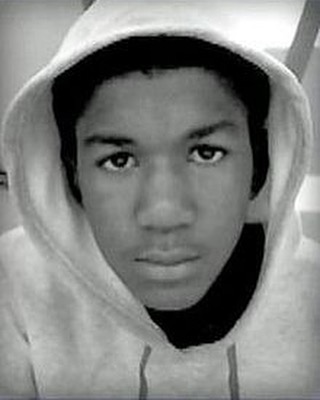
George Floyd
Floyd, 46, was killed in Minneapolis, Minnesota, after Minneapolis police officer Derek Chauvin knelt on the his neck for nearly nine minutes during an arrest on May 25.
Security footage, witness videos and official documents, which were widely shared online, show a white police officer, Derek Chauvin, kneeling on Floyd’s neck for several minutes. In the videos, Floyd was heard repeatedly pleading the officer to stop, saying: “I can’t breathe.”
Floyd was later pronounced dead in the hospital.
The killing of Floyd reignited mass protests against racial injustice and police brutality in the United States that spread internationally.
The four officers involved in his arrest, Chauvin, Thomas Lane, J. Alexander Kueng and Tou Thao were fired the following day, and were later charged over his killing.
In response to the pre-recorded messages from the parents of Travyvon Martin and Ahmaud Arbery that were broadcasted on September 8, the tennis champion working her way through the rounds of the US Open, said that “It means a lot,” adding “They’re so strong. I’m not sure what I would be able to do if I was in their position. I feel like I’m a vessel at this point to spread awareness. It’s not going to dull the pain, but hopefully I can help with anything that they need.”
After the video messages, Osaka shared on Twitter that she was moved to tears.
“I tried to hold it in on set but after watching these back I cried so much. The strength and the character both of these parents have is beyond me. Love you both, thank you.”
I often wonder if what I’m doing is resonating and reaching as many people as I hope. That being said, I tried to hold it in on set but after watching these back I cried so much. The strength and the character both of these parents have is beyond me. Love you both, thank you ❤️ https://t.co/FSDLtWNJDr
— NaomiOsaka大坂なおみ (@naomiosaka) September 9, 2020
This is not the first time that Osaka, who was born in Japan to a Haitian father and Japanese mother has advocated for social justice. In August, she announced on her Twitter account that she would forgo her semifinal match in the semifinals of the Women’s Tennis Association’s Western and Southern Open tournament as a response to the shooting of Jacob Blake in Wisconsin on August 23, 2020.
In the post, which was written in both English and Japanese, she said that “before I am a[n] athlete, I am a black woman. And as a black woman I feel as though there are much more important matters at hand that need immediate attention, rather than watching me play tennis. I don’t expect anything drastic to happen with me not playing, but if I can get a conversation started in a majority white sport I consider that a step in the right direction. Watching the continued genocide of Black people at the hand of the police is honestly making me sick to my stomach.”
— NaomiOsaka大坂なおみ (@naomiosaka) August 27, 2020
After Osaka’s statement, it was announced that play for the entire Western & Southern Open tournament would be paused for a day. and paused play for an entire day.
“As a sport, tennis is taking a stand against racial inequality and social injustice,” the Association of Tennis Professionals Tour said in a statement.
— ATP Tour (@atptour) August 27, 2020
In May, after the killing of Floyd in US police custody, Osaka’s social media feed changed to add her voice to the protests, as she posted news footage of his death and the statement “There comes a time when silence is betrayal” as well as tweeting “Just because it doesn’t happen to you doesn’t mean it isn’t happening,” showing how one can use their platform to stand up for justice.
The two-time Grand Slam winner serves as a testament to how one can use their platform to stand up for justice, with acts that have instigated minor yet significant changes and exhibited the power embedded in a single voice.